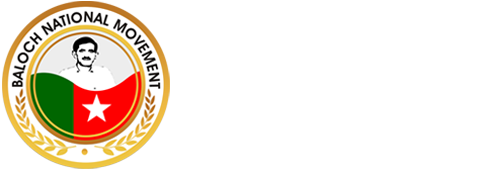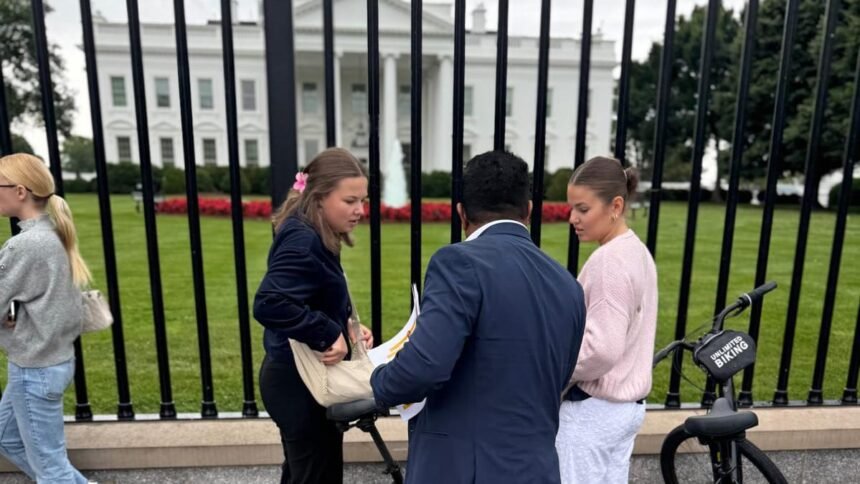The Baloch National Movement (BNM) aims to inform the world that the people of Occupied Balochistan are not only suffering from direct military aggression by the Pakistani army but are also victims of its unconventional policies — such as religious terrorism — and its “dirty nuclear program.”
These views were expressed during a BNM awareness campaign held on May 28 in the U.S. capital Washington D.C., in front of the White House and the U.S. State Department, and simultaneously in Washington State. The campaign was led by BNM U.S. Chapter President Sami Baloch, and pamphlets issued by the party regarding May 28 were distributed. Mohammad Hassan and other BNM Washington State members also participated in the campaign.
On May 28, BNM launched a coordinated international campaign to raise awareness about the environmental and political impacts of Pakistan’s nuclear program in Balochistan. Protests and demonstrations were held not only in the U.S., but also in Germany and the Netherlands. In Balochistan, pamphlets were distributed in several areas including Gwadar, Turbat, and nearby towns and villages such as Pishukan, Kuldaan, Kalatuk, Shay-khan, Nodiz, and Nasirabad.
While BNM’s pamphlets are widely distributed via digital platforms, the party also maintains a limited physical presence inside Balochistan by using traditional means such as wall chalking and pamphleteering in cities — a practice carried out from Dera Ghazi Khan to Jimuri.
During the campaign in the U.S., attention was also drawn to the fact that people living near Koh-e-Suleman have developed various forms of cancer and DNA-damaging illnesses due to radiation exposure from uranium mining. In Baghlachur, a populated area of Dera Ghazi Khan, the Pakistan Atomic Energy Commission dumps nuclear waste. Independent sources have called for an independent inquiry commission to investigate this matter, but no action has been taken so far.
BNM members in the U.S. also engaged in public outreach in Washington, informing people that prior to 1998, Pakistan claimed its nuclear program was for peaceful purposes. However, once the country’s secret military regime had the opportunity, it exposed its “dirty designs” and conducted six illegal nuclear tests — five on May 28, 1998, in Chagai District and one on May 30, 1998, in the Kharan Desert — without informing or evacuating the local population.
While it is claimed that underground testing prevented radioactive contamination, BNM countered these claims by stating that documented evidence and videos show flames erupting from the peak of Ras Koh, which turned from brown to ashen grey due to radiation exposure.
Following the nuclear tests, the environments of Chagai and Kharan were directly exposed to radioactive materials, leading to severe health consequences such as leukemia, various forms of cancer, and thalassemia in men, women, and children. The birth rate in radiation-affected areas has also significantly declined.


